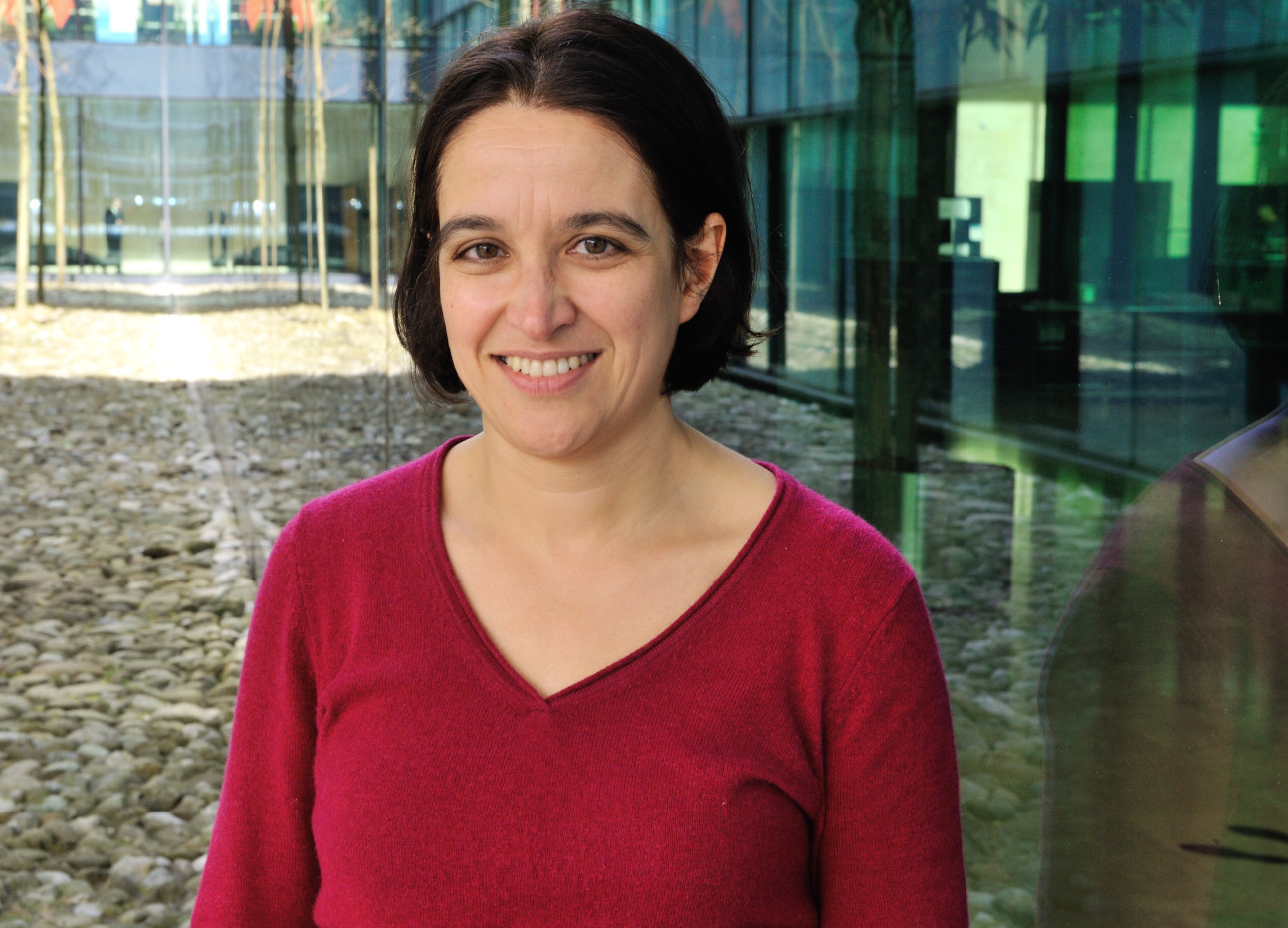Queen’s Birthday Honours for Imperial academics

Professor Paul Elliott, Chair in Epidemiology and Public Health Medicine in the School of Public Health, is awarded a CBE for services to scientific research in public health.
Professor Alison Holmes, who is Professor of Infectious Diseases in the Department of Infectious Diseases, is awarded an OBE for services to medicine and infectious diseases.
Professor Azra Ghani, Chair in Infectious Disease Epidemiology in the School of Public Health, is awarded an MBE for services to Infectious Disease Control and Epidemiological Research.
PROFESSOR PAUL ELLIOTT CBE

Professor Paul Elliott joined Imperial in 1995 as Chair in Epidemiology and Public Health Medicine. He has been Director of the UK Small Area Health Statistics Unit since 1991, Director of the MRC Centre for Environment and Health at Imperial since 2009, and Director of the NIHR Health Protection Unit in Chemical and Radiation Threats and Hazards at Imperial since 2020.
Following the outbreak of COVID-19 in the UK, Professor Elliott became the Director of the Real-time Assessment of Community Transmission (REACT) programme, which is using home testing of over a hundred thousand randomly selected individuals each month to track England’s epidemic, involving more than 2 million people to date.
His other work explores areas including the links between diet and high blood pressure and cardiovascular disease; health effects associated with air and noise pollution and other sources of environmental pollutants; and potential health effects associated with mobile phone use. Professor Elliott’s research spans environmental epidemiology, genetic and molecular epidemiology and the development of large population cohort studies and biobanks. He is also an honorary consultant in public health medicine at Imperial College Healthcare NHS Trust.
Professor Elliott said: “I am absolutely delighted to have been honoured in this way. Research in Public Health depends on the work of many scientists from different disciplines working closely together and I would like to pay tribute to the many talented people I have worked with over the years.
Our aim is to make a difference to the health of the public, striving for a healthier and more equitable society. We wouldn’t be able to carry out our work without the willing engagement of many thousands of patients and the public who take part in our studies. As an example, the over 2 million people in England who have contributed to the REACT programme so far have enabled us to track the spread of the SARS-CoV-2 virus and provide timely and accurate information to government to inform the policy response. It has been a great privilege to work on this huge endeavour, and I do believe we have made a real difference.”
PROFESSOR ALISON HOLMES OBE

Professor Alison Holmes FMedSci has a longstanding national and international track record in contributing to the management and prevention of Infectious Diseases, particularly addressing drug resistant infection and improving antimicrobial use.
Professor Holmes is a Professor of Infectious Diseases and the Director of both the NIHR Health Protection Research Unit in Healthcare Associated Infections and AMR and the Centre for Antimicrobial Optimisation (CAMO) at Imperial.
At Imperial, she leads a large multidisciplinary infectious disease research programme focusing on infectious diseases, antimicrobial resistance (AMR), epidemiology, public health, precision medicine and the development of innovative approaches and technologies to address infection prevention and management, antibiotic optimisation and AMR nationally and globally. Her international projects include leading a large ESRC international programme with collaborators in India and South Africa, and other research collaborations with Thailand and Vietnam.
Her research and expert input have influenced local, national and international practice and policy and she has served in a variety of national advisory roles, including nine years on the Governmental Advisory Committee on AMR and Healthcare Associated Infection and three years as Chair of the Technical Advisory Group for the Fleming Fund.
In response to the COVID-19 pandemic, Professor Holmes has contributed to national COVID-19 responses through the responsive work of her NIHR Health Protection Research Unit, her involvement in national studies and her input into the UK Scientific Advisory Group for Emergencies (SAGE) Hospital Onset COVID-19 working group. She has also been active in the international COVID-19 responses through a number of roles with the World Health Organisation (WHO).
Professor Holmes is also a Consultant in Infectious Diseases and served many years as the Director of Infection Prevention and Control and Associate Medical Director at Imperial College Healthcare NHS Trust.
Professor Holmes said: “It was a wonderful surprise to receive the news. I am incredibly lucky to work with inspiring colleagues and collaborators, and with such phenomenally talented and dedicated young people. It is great to have this recognition of the importance our work and the importance of multidisciplinary collaboration and global joined up efforts to prevent infections, address AMR, and ensure access to effective treatments.”
Professor Azra Ghani MBE
 Professor Azra Ghani is Chair in Infectious Disease Epidemiology in the School of Public Health.
Professor Azra Ghani is Chair in Infectious Disease Epidemiology in the School of Public Health.
One of the world’s leading epidemiologists, her research combines the use of mathematical models and statistical methods to understand the spread and control of a range of infectious diseases of humans and animals including coronavirus, malaria, and BSE.
Professor Ghani has been one of the foremost academic voices during the COVID-19 pandemic. Her research has been pivotal in the UK’s response, identifying that self-isolation, home quarantine and social distancing could limit the number of UK deaths. She also has played a central role in our understanding of how COVID-19 will affect countries around the world, identifying that developing countries are likely to face extreme demand on health systems from COVID-19, despite having younger populations.
Outside the pandemic, Professor Ghani is developing models to inform policies on how, where and when to implement different interventions against malaria to aid local elimination, and eventual eradication, of the parasite.












Responses